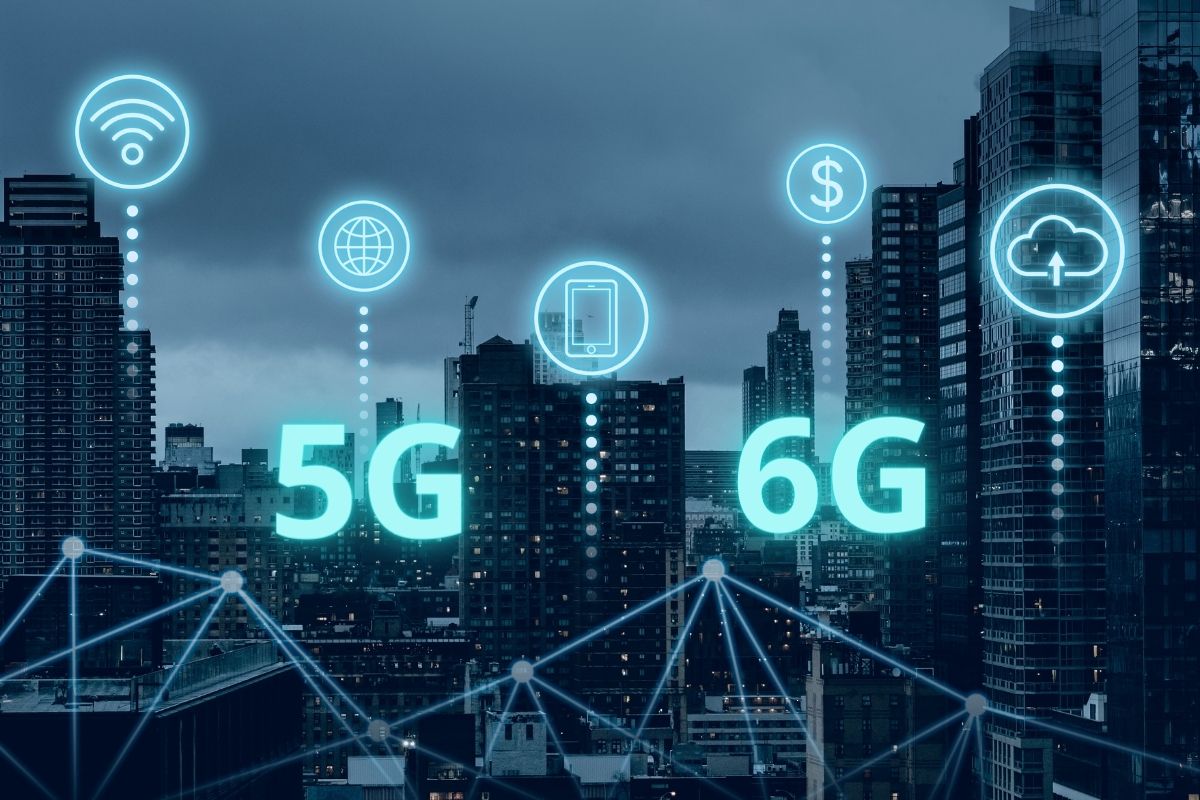
Technology in all its glory is continuously evolving with time. What is possible today with tech might have seemed impossible a few years ago. The next-generation mobile network technology known as 5G is evidently the next big thing in tech. It is yet to witness widespread adaptability and is currently commercially available in only three countries. Some lesser developed countries of the world are just launching the previous generation 4G networks.
However, the current pace of 5G development hasn’t been able to stop people from thinking about the technological capabilities that its successor 6G would unleash. 5G and 6G have been introduced into the market around the same time, even though they sit at different phases. 5G, on the one hand, is in the commercial rollout phase where more and more countries have started to provide 5G services in at least a few cities and states. 6G, on the other hand, is still in the research and development phase. As the different generations of mobile networks were introduced around the same time, it can lead to some confusion about their distinctive features.
6G Occupies Higher Frequencies Than 5G
If we look at 5G and 6G from a broader level, both these networks take advantage of higher frequencies on the wireless spectrum. This enables these next-generation mobile networks to transmit more data in comparatively lesser time because of their faster speed. If we go deeper into the frequencies these networks use, 5G occupies low band frequencies of sub-6 GHz and high band frequencies of 24.25 GHz. It is revealed that 6G will operate at higher wavelengths of 95 GHz to 3 THz (terahertz). 6G will be able to deliver speeds 1000 times faster than 5G.
5G Will Enable Internet of Things, 6G will Speed It Up
Internet of Things is a network of physical objects that connect and exchange data with other devices and systems over the internet. When 5G was introduced, the Internet of Things was one of its most anticipated use case. The previous-generation 4G used narrow frequencies that could not transmit data at the speeds that intelligent devices needed to function smoothly.
5G will enable automation, enhance virtual and augmented reality experience and carve paths for a smart living ecosystem. While 5G will act as an enabler of the Internet of Things, 6G will speed things up and provide even smoother experiences and allow complex, higher speed requiring smart devices to enter the smart living ecosystem.















